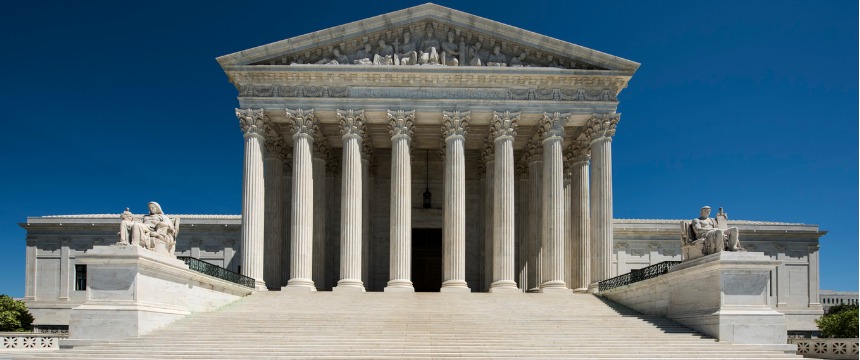Supreme Court Declines to Resolve Circuit Split on FCA “Objective Falsity” Issue

On Monday February 22, 2021, the U.S. Supreme Court declined to grant certiorari in CareAlternatives v. United States (CareAlternatives), a case on appeal from the Third Circuit that could have assessed the issue of “objective falsity” under the federal False Claims Act (FCA). The Supreme Court’s rejection leaves standing the split among Circuit Courts on whether the government or a whistleblower (Relator) must prove that a claim is objectively false to bring a successful FCA claim. This means that health care providers potentially face differing levels of FCA risk depending on the jurisdiction where an FCA case is brought.
As we have previously discussed, federal courts are split on whether Relators or the government must prove objective falsity. Both CareAlternatives and AseraCare v. U.S. (AseraCare), a case before the Eleventh Circuit, considered whether a physician’s subjective clinical judgment as to medical necessity could be deemed “false” for the purpose of FCA liability, or whether a claim must be supported by facts that could be proven to be objectively false. Both cases involved allegations that physicians’ certifications of medical necessity for hospice services were false and thus sufficient for plaintiffs’ FCA allegations. The Eleventh Circuit in AseraCare adopted the objective falsity standard, holding that to show that a claim was false under the FCA, the Government must show “something more than the mere difference of reasonable opinion[.]” (938 F.3d 1278, 1297 (11th Cir. 2019)). In contrast, in CareAlternatives the Third Circuit rejected the objective falsity standard and found that a certification of medical necessity could be considered false if a jury determined that an expert physician’s review of the same medical records was more persuasive. (952 F.3d 89 (3d Cir. 2020)).
We are not surprised the Supreme Court declined certiorari, in part because the rulings in both cases were very fact specific and were based on an unusual Medicare hospice regulation. We note that a definitive ruling by the Supreme Court on the specific interpretation of the hospice regulation may have been helpful to clarify the “rules of the road” for hospice providers. More broadly, we think it is unlikely that the Supreme Court would have upheld a potentially major limitation on FCA liability had it taken the case based on the facts in CareAlternatives. We have seen in a number of cases that the Court is reluctant to endorse broad limitations that are not in the language of the FCA itself—such as objective falsity. See e.g. Universal Health Servs., Inc. v. United States ex rel. Escobar, 136 S. Ct. 1989 (2016) (rejecting argument that FCA claims could not be based implied certifications of compliance). Therefore, although the Court’s rejection of the appeal may look like a loss for FCA defendants, it may be a better result than a ruling from the Court that could have limited falsity arguments in every Circuit.
Foley is here to help you address the short- and long-term impacts in the wake of regulatory changes. We have the resources to help you navigate these and other important legal considerations related to business operations and industry-specific issues. Please reach out to the authors, your Foley relationship partner, or to our Health Care Practice Group with any questions.



